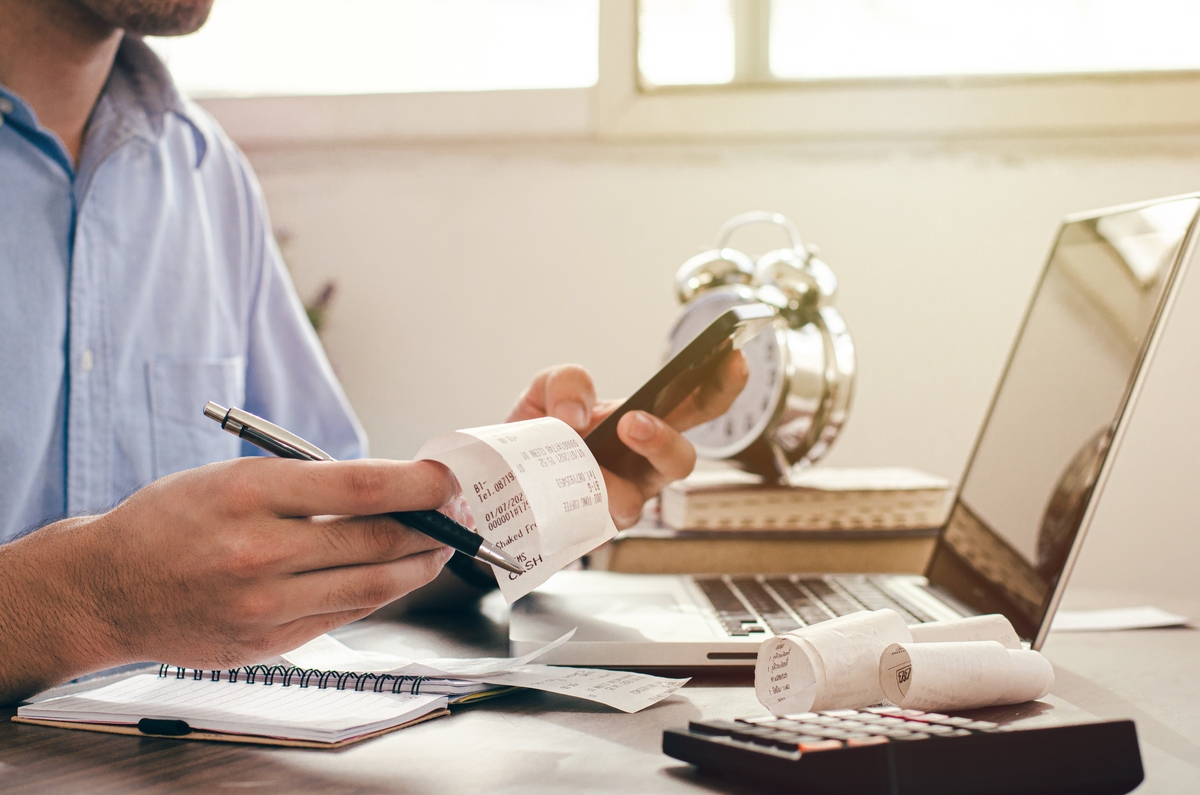The 5 safest investments to multiply your capital

Savings accounts, real estate and recourse crowdfactoring, are some of todays safest investments
Humans have always been in search of shelter. Throughout history, they have found it in the depths of caves or inside walled castles. Protection is no small matter when money is at stake, as seen in the creation of safes and vaults. It is, therefore, not surprising that many people only want to inject their capital into the safest investments.
These profiles seek to increase their wealth while reducing the level of risk they face as much as possible. But are there products that meet this demand? Yes. But there is a price to pay. And to understand it, it is essential to know the basic workings of any investment.
A transaction involves a hundred variables: the total amount of money, the maturity date, the type of company invested in, the return committed, the liquidity offered, and the risk involved… These last three are extremely important, as they indicate to the investor how the transaction will work and will let him know if he has found the right company.
Generally, riskier investments provide less liquidity. To compensate for this, most usually provide a higher return. Otherwise, there would be hardly anyone interested in financing them. Therefore, this option is very attractive for the more daring investors who prioritize profit or have a financial cushion.
However, the diversity of the current financial scenario allows room for options aimed at savers with a more conservative profile. In addition, some more prudent citizens do not wish to risk losses and, consequently, prefer safer investments, even if the profitability is lower and their gains are less considerable.
At Inversa Invoice Market, we are committed to ethical investing and want to help people make wise and thoughtful investment decisions. For this reason, we have put together a compilation of the safest investments.
1. Fixed deposits
Usually, when we talk about loans, we think of a bank offering money to companies or individuals. However, sometimes the roles are reversed, and the savers lend the capital to the bank. And, logically, they receive interest in return.
We are talking about fixed deposits, considered one of the safest investments. This financial product allows people to deposit their assets in a bank. The entity can use it for the purposes it deems appropriate for a period previously agreed upon by both parties. In the meantime, the saver cannot withdraw the money from the deposit.
However, he has the guarantee that he will receive the full amount at the end of the term. And along with it, he will enjoy a return, which will depend on the interest rate established by the transferor and the transferee. If this is fixed, the investor will know it from day one, and his earnings will not be affected by the influence of external factors.
In addition, if a setback should occur and the holder should have to dispose of the money for any reason, some banks keep open the possibility of withdrawing it ahead of time. However, there is a penalty to be paid.
Fixed deposits are, in short, an extremely attractive option, as people are aware of their benefits before signing the operation. And, if they want the maximum level of security, they can negotiate the conditions of an early withdrawal.
2. Savings accounts
This financial instrument also stands out as one of the safest investments, as its risk level is very limited.
Savings accounts share many similarities with the previous option: the saver opens an account in a bank and proceeds to deposit the amount of money he/she wishes. However, instead of leaving it at a standstill, he makes it available to the bank, which rewards him with a percentage.
But there is a big difference concerning fixed deposits. In this case, there is no penalty due to a subtraction of funds because savings accounts have no expiration date. There are no terms, but they operate continuously, and as long as there is money, they will deliver interest to the holder. It is, therefore, a much more flexible option, especially if an incident arises that forces you to dip into your capital.
As the saver enjoys more facilities to recover his assets, the risk of this product is even lower, making it one of the safest investments. However, this translates into a decrease in profitability.

3. Government bonds
It is possible to differentiate between two main types of investments: those framed in fixed income and those with variable income. The first category belongs to all the products in which the interest paid by the financing application is agreed upon before confirming the operation and does not undergo variations over time.
Betting on fixed-income assets is convenient for everyone trying to participate in the safest investments. And sometimes, these do not concern private companies but public bodies such as states.
Government bonds or treasury bills are debt securities issued by governments needing financing. The former operates over the long term, while the latter is more immediate and usually yields returns in less than a year and a half. If framed within fixed income, they represent a safe return for investors.
4. Real estate
A large part of the investment risks derives from the same factor: the product's loss of value. The shares of companies listed on the stock exchange are a clear example. If the company suffers economic problems or the sector it belongs to enters into crisis, some investors will withdraw their support. Consequently, its share price will fall.
So what are the safest products? Those whose value does not decrease over time, such as houses. Real estate is one of the safest investments since it tends to appreciate as the years go by.
Families rent apartments; businessmen rent offices… This generates a fixed return for property owners, as the rent paid by their tenants provides them with a secure and regular source of income.
However, it is not an option accessible to all profiles since it requires a very high initial investment. In addition, not everyone has the necessary assets to acquire and renovate a property, even with outside help.
Although there are cases in which these assets could see their value drop, for example, if the area in which they are located depreciates over time, this is not the norm. For these reasons, real estate is undoubtedly considered one of the safest investments.
5. Recourse crowdfactoring
The above products fall within what is known as conventional investment channels. But there is also an alternative for people interested in ethical investment who wish to break away from traditional mechanisms.
Recourse crowdfactoring, a method based on the advance of invoices can be the ideal solution for this profile in search of the safest investments. Companies can upload their outstanding invoices to raise financing through alternative financing platforms, such as Inversa Invoice Market.
The savers registering on these invoice marketplaces select the companies that best fit their needs and, after checking variables such as interest rate, repayment term and risk level, proceed to advance them the sum of money. As soon as the operation is confirmed, they receive the interest. And once the due date arrives, the business reimburses them the original amount.
The main advantage of recourse crowdfactoring is that if the company's customer does not pay the invoice, the investor does not assume the debt, and the company itself is responsible for the non-payment. In addition, to further minimize risks, it is advisable to invest in companies with a higher rating, as this score is awarded by independent agencies that carefully study their financial health to offer guarantees to savers who wish to bet on the safest investments.
In short, through these five products, investors can obtain a return on their savings without giving up security guarantees.
Si quieres contribuir en el blog de Inversa como experto hazte socio del conocimiento.



